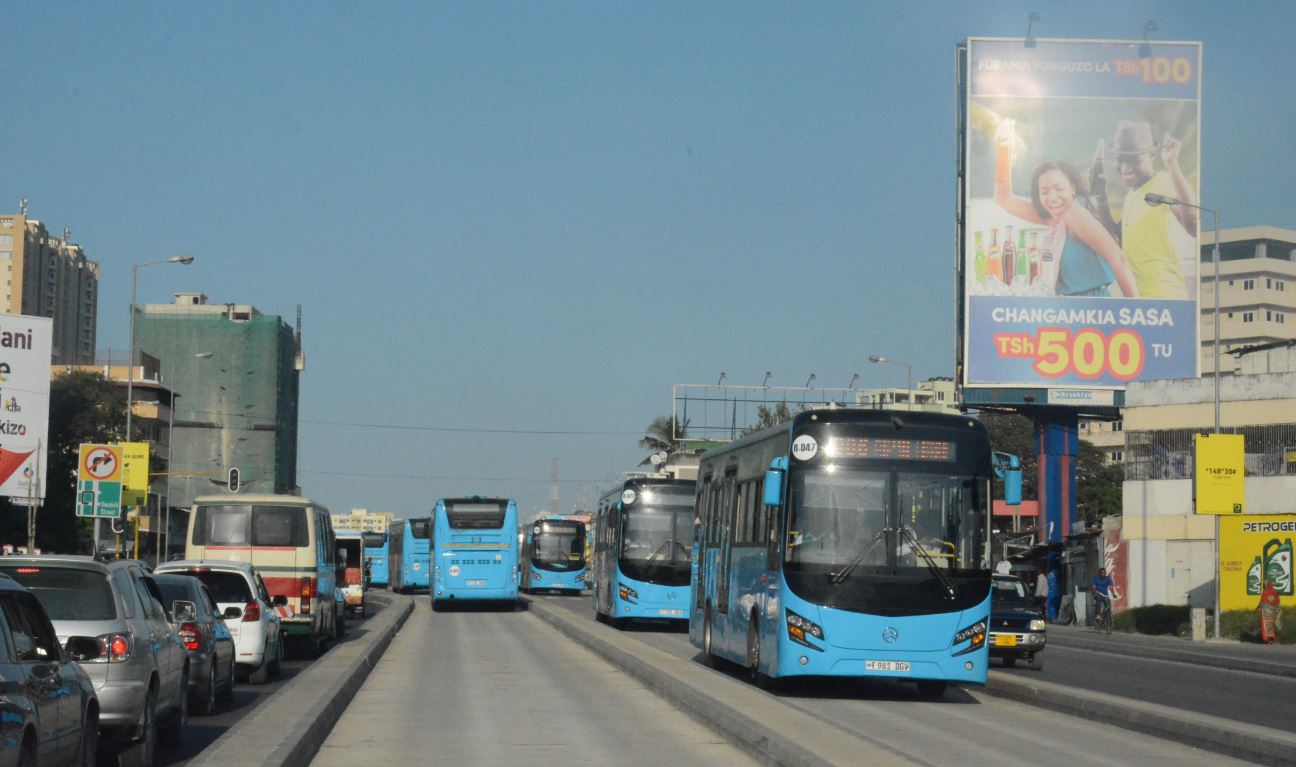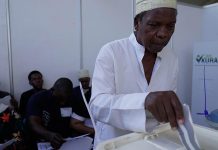BUSES on the Dar es Salaam Bus Rapid Transit (DART) routes will more than double after the entry of a new investor to improve transport services in the city, the parliament heard here yesterday.
The government announced in the house that it will this month invite bidders to procure another service provider by August, this year.
“It’s our hope that once the new operator comes in, the number of buses will increase from the current 140 to 305… the aim is to ease traffic congestion to Dar es Salaam residents,” said the Deputy Minister of State in the President’s Office, Regional Administration and Local Government, Mr Josephat Kandege.
He was responding to issues that Members of Parliament (MPs) raised while debating the ministry’s budget proposals for the 2019/20 fiscal year as tabled in the house.
DART was earlier reported to have been seeking the new operator with international status for more efficiency in service delivery on its routes, with domestic companies encouraged to bid for the job.
Mr Kandege said the process to acquire another investor in the city transport service goes hand in hand with plans for DART’s Phase II, which will involve construction of another route from the city centre to Mbagala along Kilwa road.
The long awaited phase two of the project is expected to begin mid this year. DART administration recently announced their preliminary undertakings prior to commencement of the construction works.
As compensation payments to people whose properties will be affected in phase two are almost complete, DART key stakeholders have proposed for mitigation measures to handle challenges that might disrupt construction works during the project implementation.
DART’s phase two starts at Gerezani and City Council BRT station, involving Kilwa Road, Chang’ombe Road, Kawawa Road, Gerezani Street, Bandari Road and Sokoine Drive—covering a 20.3-kilometre stretch.
The project execution is expected to cost 365bn/-, with the government and African Development Bank financing 11.1 and 88.9 per cent of the project, respectively.







